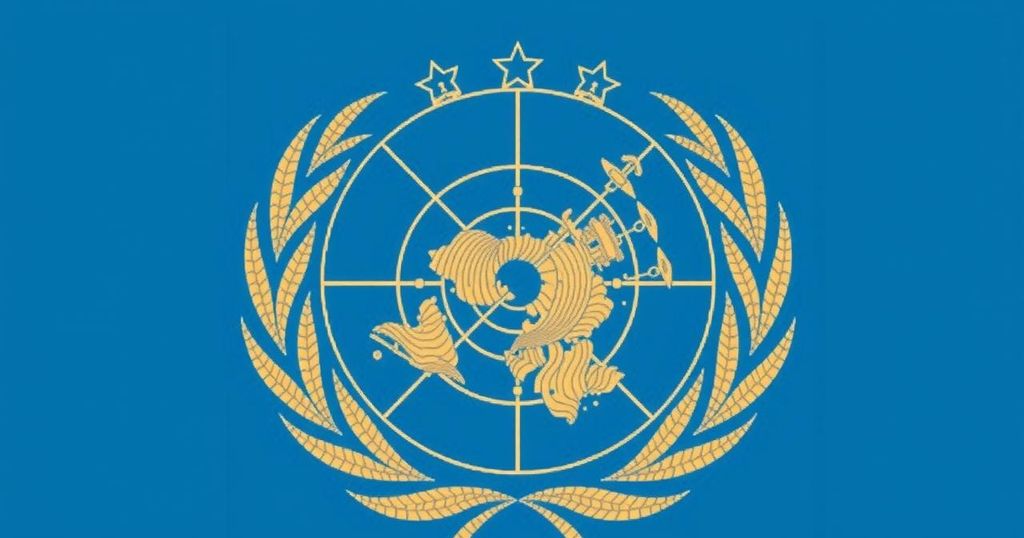The UN Committee against Torture has published findings stressing Mongolia’s need for legal reforms to create an independent mechanism for investigating torture claims, highlighting concerns about procedural delays, inefficacy in current investigations, and the lack of judicial oversight in arrests.
The recent report from the UN Committee against Torture (CAT) highlights its findings regarding several nations, including Mongolia. Emphasizing Mongolia’s intention to submit a draft law for establishing a special investigative unit for torture cases by 2025, the Committee expressed concern over procedural delays since its last review. Additionally, it raised alarms about the inefficacy of investigations conducted by the Anti-Corruption Agency and the General Police Department, coupled with the alarming rate of dismissed torture cases, calling for stronger mechanisms for accountability.
The Committee urged Mongolia to finalize legislation that would create an independent body tasked with investigating allegations of torture by public officials, particularly law enforcement officers. This step aims to mitigate potential conflicts of interest, ensuring that investigators operate without any hierarchical influence from alleged offenders. While acknowledging the government’s efforts to strengthen legal safeguards, the Committee noted continued problems with arrests made without judicial oversight, particularly by intelligence and anti-corruption agencies, underscoring the necessity for law enforcement to secure proper judicial warrants for arrests, barring exigent circumstances.
In summary, the Committee’s report reflects a critical view of Mongolia’s progress regarding torture investigations and the necessary legal reforms. Despite some positive initiatives, significant challenges remain in ensuring accountability and judicial integrity in the process of investigating torture allegations.
The UN Committee against Torture periodically reviews the practices of state parties regarding their compliance with international conventions related to torture. The latest report addressed the situation of six nations, including Mongolia, with a focus on their legal frameworks and enforcement mechanisms pertaining to torture and ill-treatment. This review is pivotal as it reflects the international community’s oversight of human rights standards and the enforcement of laws designed to protect individuals detained by the state.
The UN Committee against Torture has articulated key areas of concern regarding Mongolia’s approach to investigating allegations of torture. The urgency for Mongolia to implement an independent investigative mechanism and enforce judicial oversight for arrests is paramount. As the country progresses toward formalizing necessary legal reforms, continued vigilance and commitment to human rights standards remain essential.
Original Source: m.akipress.com







